Cycling is a powerful, low-impact cardiovascular workout that builds endurance, strengthens the lower body, and boosts mental well-being. However, the repetitive motion and forward-leaning posture can lead to tight muscles, reduced mobility, and increased injury risk—especially in the hips, hamstrings, lower back, and shoulders. That’s why flexibility is not just a nice-to-have for cyclists; it’s a necessity.
This comprehensive flexibility checklist offers short routines, simple habits, and evidence-based guidance tailored specifically for cyclists. Whether you're a weekend rider or training for long-distance events, integrating these practices into your daily life can enhance comfort, prevent injury, and improve overall performance.
Cycling primarily engages the quads, glutes, and calves in a repetitive, closed-chain motion. Over time, this can create muscular imbalances—tight hip flexors from the bent posture, shortened hamstrings, and underused glutes. Poor flexibility limits joint range of motion, alters biomechanics, and increases strain on tendons and ligaments.
Research shows that regular stretching and mobility work can reduce muscle soreness, improve pedaling efficiency, and support faster recovery. A 2018 study published in the Journal of Human Kinetics found that cyclists who performed dynamic stretching before rides and static stretching after experienced improved joint mobility and reduced delayed onset muscle soreness (DOMS).
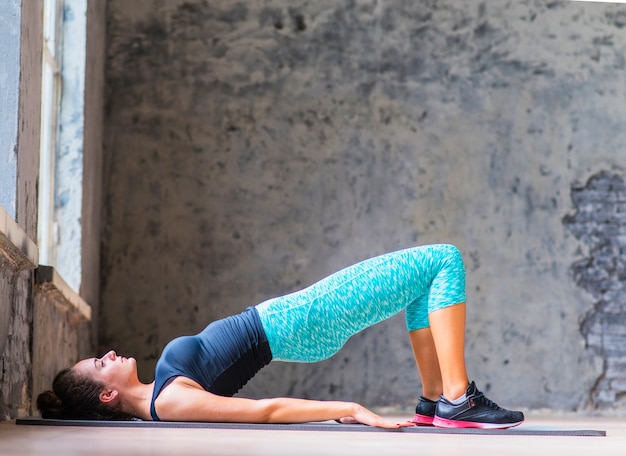
Use this checklist to build a sustainable flexibility routine. Each item takes 5–10 minutes and can be done at home, post-ride, or even during work breaks.
Never skip a warm-up. Dynamic stretches prepare your muscles and nervous system for movement. Perform each for 30 seconds:
After cycling, muscles are warm and more pliable. Focus on key areas:

Incorporate mobility drills to improve joint health and muscle control. Try:
Consistency beats intensity. Build these habits into your routine:
| Day | Flexibility Routine |
|---|---|
| Monday | Dynamic warm-up + post-ride stretching |
| Tuesday | Foam rolling + 10-min mobility session |
| Wednesday | Dynamic warm-up + post-ride stretching |
| Thursday | Rest or light yoga |
| Friday | Mobility + stretching |
| Saturday | Long ride with full warm-up and cool-down |
| Sunday | Yoga or full-body stretching (20–30 min) |
Flexibility isn’t just about touching your toes—it’s about moving freely, riding comfortably, and staying injury-free. By adopting these short routines and simple habits, cyclists can maintain balanced musculature, enhance recovery, and enjoy every mile with greater ease. Start small, stay consistent, and let flexibility become a natural part of your cycling lifestyle.

Fitness
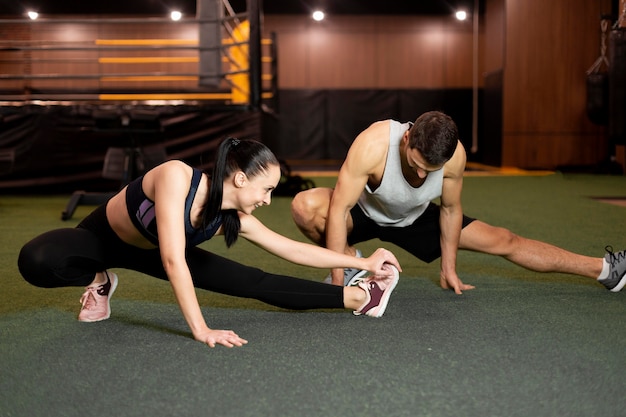
Fitness
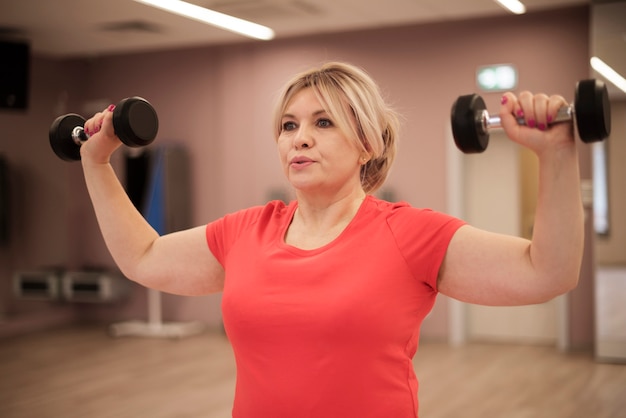
Fitness

Fitness

Wellness

Wellness
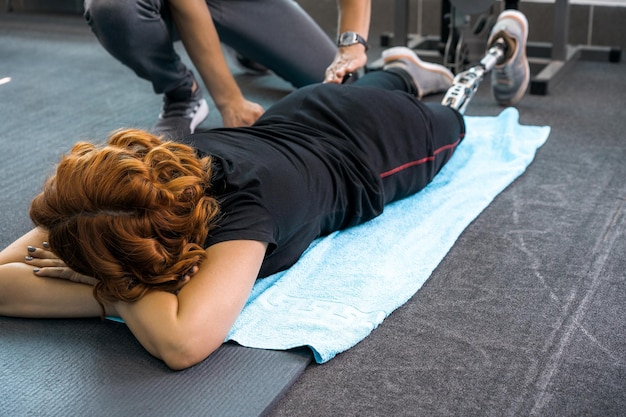
Fitness
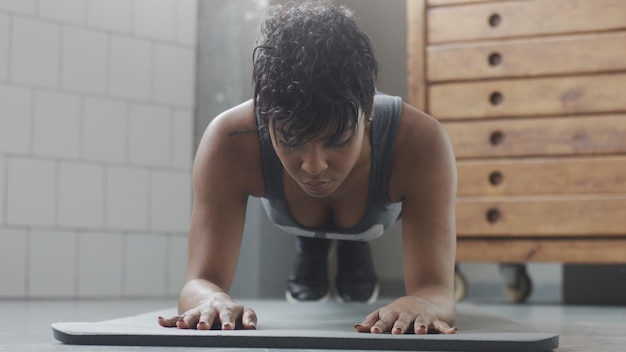
Fitness
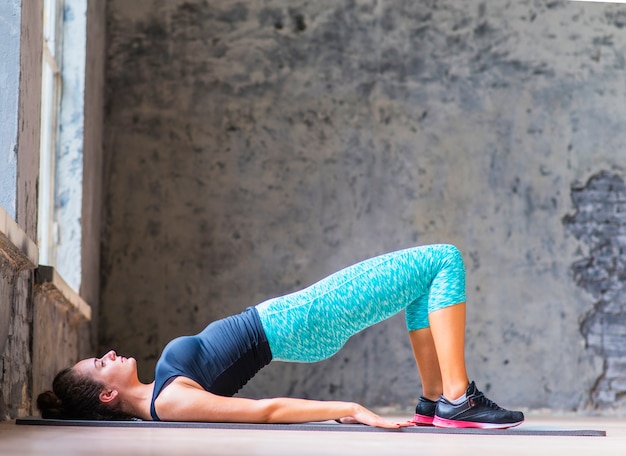
Fitness
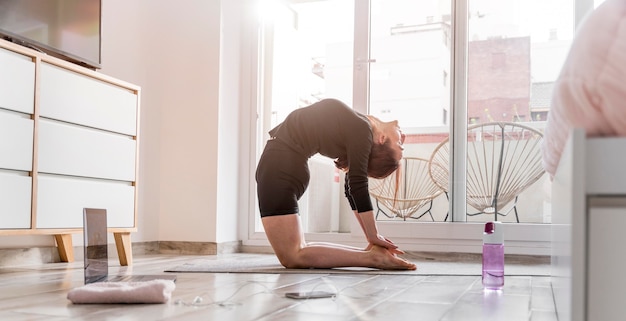
Fitness
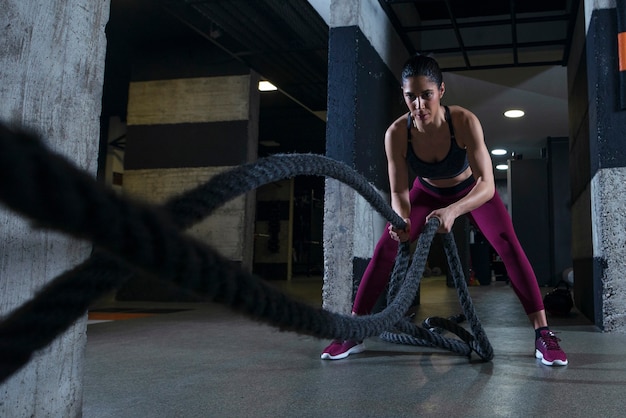
Fitness
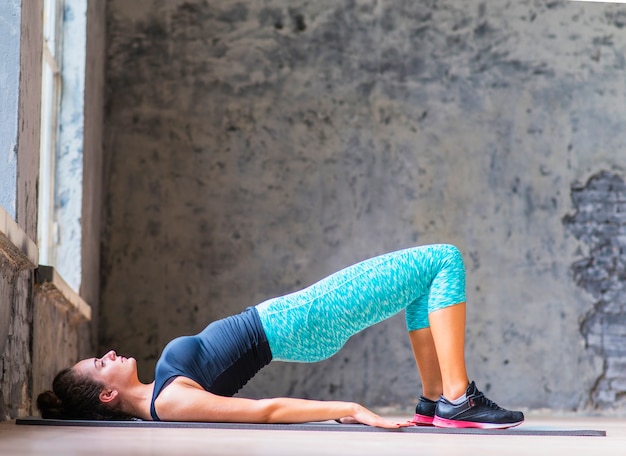
Fitness

Health

Fitness

Health

Health